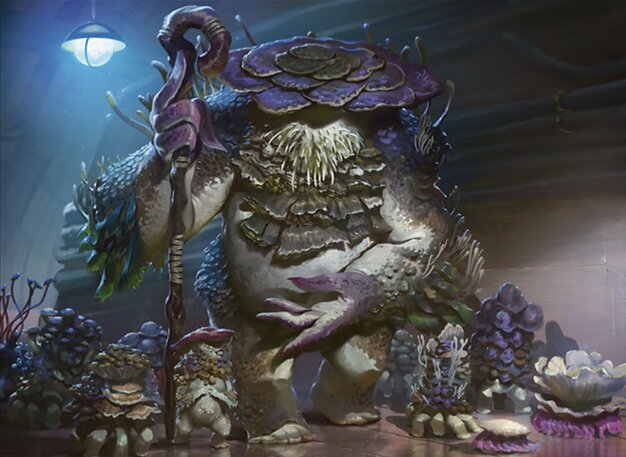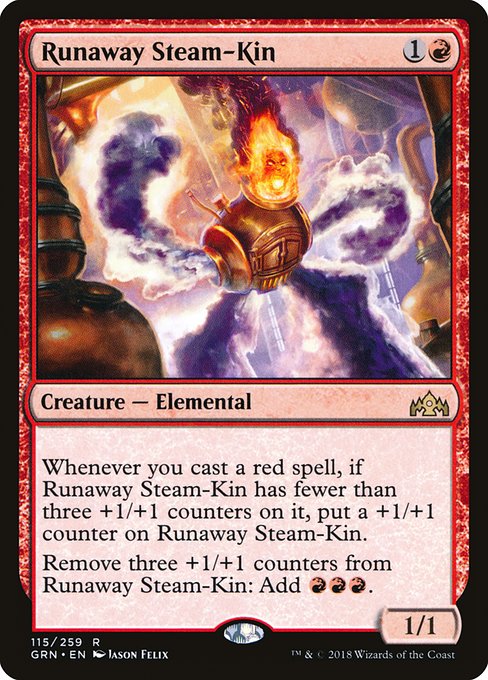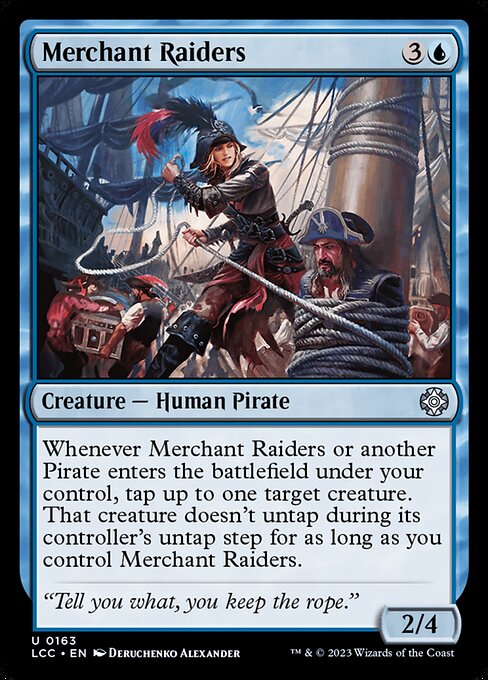Deck & Commander Strategies

Slimefoot, the Stowaway
Generate multiple separate Saproling tokens, then either grant them trample to push damage or sacrifice them to drain opponents’ life using Slimefoot’s sacrifice trigger.

Araumi of the Dead Tide
Exploit graveyard recursion and death triggers to multiply value from creatures dying, using cards like Playcrafter and Runaway Steam-Kin to control the board and refill resources.

Admiral Beckett Brass
Leverage pirate tribal synergies and steal opponents’ permanents to disrupt and gain advantage, applying pressure through tempo and resource denial.

Ashling the Pilgrim
Apply early aggression with small creatures and direct damage, using explosive plays and repeated damage bursts to overwhelm opponents before they stabilize.
Gameplay Insights
- 1
Araumi’s use of Runaway Steam-Kin’s ability to repeatedly clear the board and then recur multiple Playcrafters was a crucial reset that swung board control in his favor.
- 2
Slimefoot’s strategy of accumulating spore counters on Psychotropic Slime and generating Saprolings provided consistent incremental value and life drain potential.
- 3
Ashling’s decision to attack aggressively early forced opponents to allocate resources to defense, slowing their development.
- 4
Admiral Beckett Brass’s pirate theft synergy created tension on the board, making him a priority target for others and influencing attack patterns and resource allocation.
- 5
The mass sacrifice and discard sequences following board wipes showcased the importance of hand and board resource management in maintaining momentum.
Notable Cards
-

Runaway Steam-Kin
-

Merchant Raiders
Gameplay Summary
The game featured a dynamic four-player free-for-all with each commander showcasing distinct strategies.
Early on, Ashling the Pilgrim aggressively pushed damage with small creatures and direct attacks, quickly putting pressure on opponents.
Slimefoot, the Stowaway steadily built a board of separate Saproling tokens, leveraging sacrifice and drain abilities to chip away at life totals.
Araumi of the Dead Tide focused on graveyard recursion and death triggers, utilizing cards like Playcrafter and Runaway Steam-Kin to generate value and board presence.
Admiral Beckett Brass brought pirate synergy and disruption, aiming to steal and capitalize on opponent's resources. A key turning point came when Araumi used Runaway Steam-Kin’s ability to clear the board with a mass removal effect, then recurred multiple copies of Playcrafter from the graveyard to rebuild his board swiftly.
This sequence was pivotal as it reset the board state while generating significant card advantage and threats.
Throughout the game, Slimefoot’s steady accumulation of Saprolings and sacrifice outlets threatened incremental life drain, while Ashling’s aggressive tempo kept the table honest.
The game’s tension centered around managing these overlapping threats and timing board wipes or recursion to maintain control.
The interplay of removal, token generation, and recursion ultimately defined the flow, with players forced to adapt constantly to shifting board states.


































![Commander VS S13E9: Gwendlyn vs Ashling vs Selvala vs Zada [EDH] thumbnail](https://i.ytimg.com/vi/GSSL3n2-Yf8/sddefault.jpg)

![Commander VS S13E7: Tolsimir Wolfblood vs Slimefoot vs Queen Marchesa vs Tajic [EDH] thumbnail](https://i.ytimg.com/vi/9vSts7GdaqU/sddefault.jpg)








